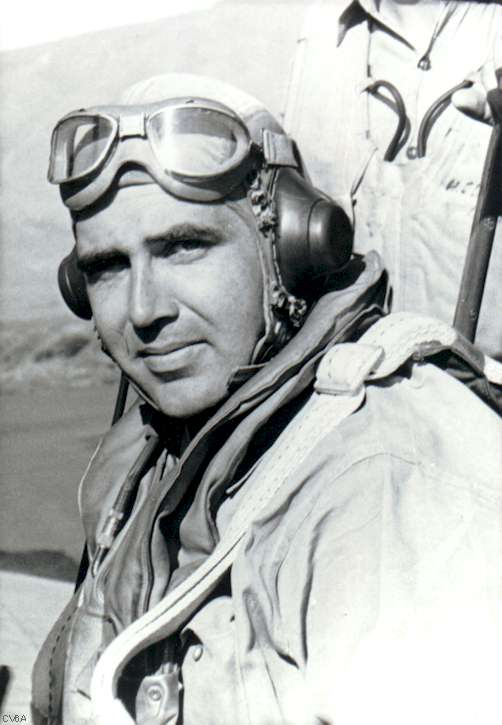
Editor’s Note: This column was originally published on April 10, 2014.
Years ago, Al Capone virtually owned Chicago. He was notorious for enmeshing the windy city in everything from bootlegged booze, prostitution, and murder.
Capone had a lawyer nicknamed “Easy Eddie.” Eddie’s skill at legal maneuvering kept Capone out of jail. Capone paid Eddie very well and gave him special dividends. Easy Eddie’s family occupied a fenced-in mansion that filled a Chicago block, with live-in help and all of the conveniences of the day.
Although Eddie gave little consideration to the atrocity that went on around him; he had one soft spot; a son that he loved dearly; the son had the best of everything: A good education, clothes, cars, etc.
Nothing was withheld and the price was no object. However, Eddie tried to teach his son right from wrong. He wanted his son to be a better man than he was.
Yet with all his wealth and influence, Eddie couldn’t pass on a good name and a good example to his son.
One day, Easy Eddie reached a difficult decision; he wanted to rectify the wrongs he had done. To do this, he had to go to the authorities and tell the truth about Capone, clean up his tarnished name and offer his son some semblance of integrity.
He had to testify against “The Mob”; he knew that the cost would be great. Within one year of testifying, Easy Eddie’s life ended in a blaze of gunfire on a Chicago Street. But in Eddie’s eyes, he had given his son the greatest gift that he had to offer, at the greatest price he would ever pay.
World War II produced many heroes. One such man was Lieutenant Commander Butch O’Hare. He was a fighter pilot assigned to the aircraft carrier Lexington in the South Pacific.
On February 20, 1942, O’Hare’s entire squadron was sent on a mission. After he was airborne, he looked at his fuel gauge and realized that someone had forgotten to top off his tank. He didn’t have enough fuel to complete his mission and get back to his ship.
Reluctantly, he dropped out of formation and headed back to the fleet. As he was returning to the carrier, he saw a squadron of Japanese aircraft speeding toward the American fleet.
The American fighters were on a maneuver and were all but defenseless. O’Hare couldn’t reach his squadron and bring them back in time to save the fleet or warn them of the approaching danger. There was only one thing to do. He must divert them from the fleet.
Laying aside all thoughts of personal safety, he dove into the formation of Japanese planes. Wing-mounted 50 caliber’s blazed as he charged in, attacking one surprised enemy plane and then another.
He fired on as many planes as possible until all his ammunition was spent. Undaunted, he continued the assault, trying to clip a wing or tail in hopes of damaging as many enemy planes as possible.
Finally, the exasperated Japanese squadron took off in another direction. Deeply relieved, Butch O’Hare and his tattered fighter limped back to the carrier. The film from the gun-camera mounted on his plane told the tale. It showed the extent of O’Hare’s attempt to protect his fleet. He had destroyed five enemy aircraft.
O’Hare became the Navy’s first Ace of W.W. II and the first Aviator to win the Congressional Medal of Honor. At 29 years of age, O’Hare was killed in aerial combat. O’Hare International Airport in Chicago is named in tribute of Butch O’Hare. His statue and Medal of Honor is located between Terminals 1 & 2.
Butch O’Hare was Easy Eddie’s son. God is so awesome!





[…] post Sister Tarpley: God Knows the End to the Beginning appeared first on North Dallas […]